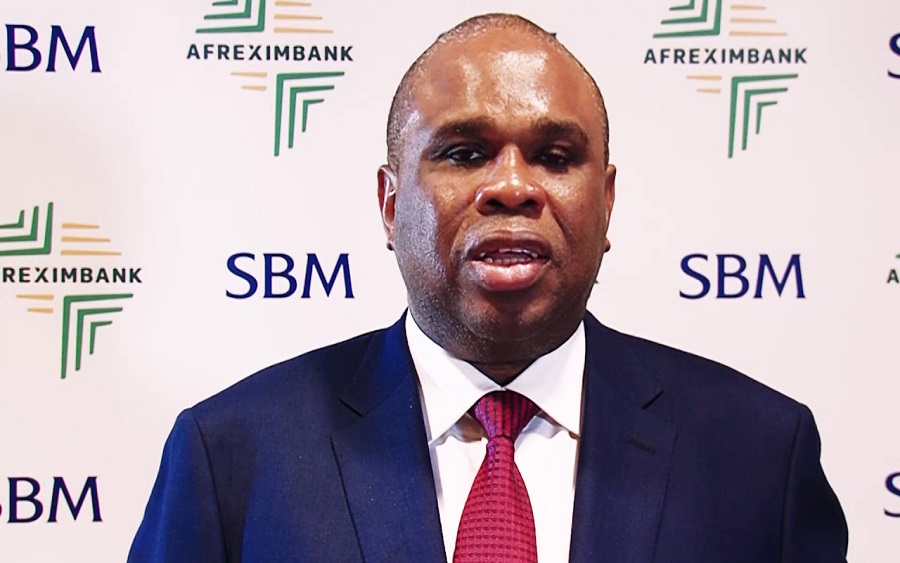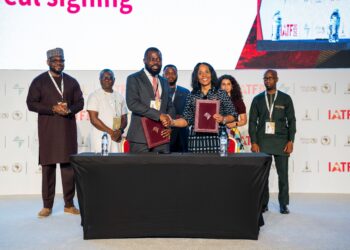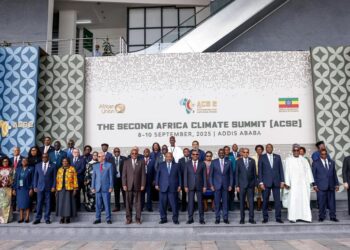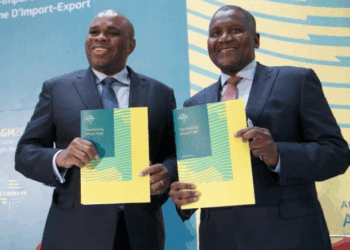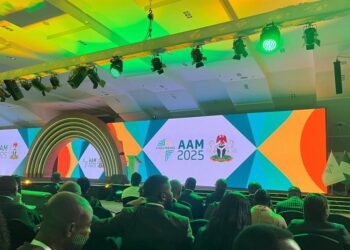The African Export-Import Bank (Afreximbank) has announced that it has sealed a $190 million facility deal with the Made In Africa Inc. (MIA) company.
Details: The deal involves Afreximbank providing MIA with the $190 million, which it needs in order to acquire African Fabric Holdings BV, Netherlands, also known as Vlisco Group.

The deal was signed during a ceremony held on the sidelines of the Creative Africa Exchange Weekend (CAX WKND) held in Kigali. The Managing Director, Afreximbank’s Intra-African Trade Initiative, Kanayo Awani alongside Chairman and Founder of MIA, Kojo Annan signed on behalf of their companies.
According to the bank, the credit facility would be given to MIA in two tranches in which one of them would be used to provide working capital to the Vlisco group after the acquisition.
Nairametrics had previously reported when CAX organised the Creative Africa Exchange Weekend event in collaboration with Africa Export-Import Bank (Afreximbank), Africa Union, UNESCO, and other multilateral institutions.
[READ MORE: NEF, FACAN sign MoU, to access $5 billion fund for entrepreneurship]
The event was said to be a consolidated marketplace for buyers and sellers of goods and services from the creative and cultural industry to meet and explore business opportunities. It was also reported to help CAX facilitate investments into the industry through trade, industrialization, and provision of critical infrastructure to support the transformation of Africa.
What you should know: CAX WKND featured more than 2,000 participants and 250 exhibitors from 68 countries. It was organised by Times Multimedia and sponsored by Afreximbank and other partners. The opening act of activities was planned under the CAX Programme to bring together African creative talents from the music, arts, design, fashion, literature, publishing, film and television sectors.
About Vlisco Group: The company is known for designing, producing and distributing fashion fabrics, especially of the African wax print style, for the West and Central African market and African consumers in global metropolitan cities. Its fabrics have grown into an essential part of African culture, receiving widespread attention from the art, design and fashion worlds.

